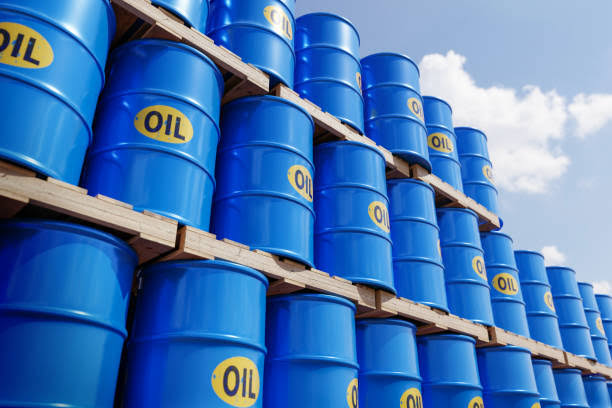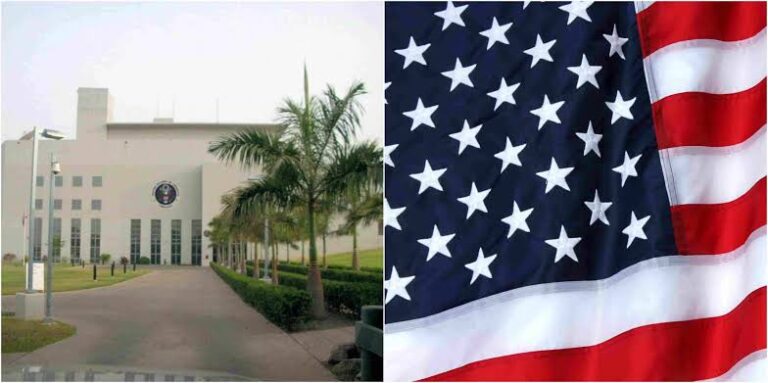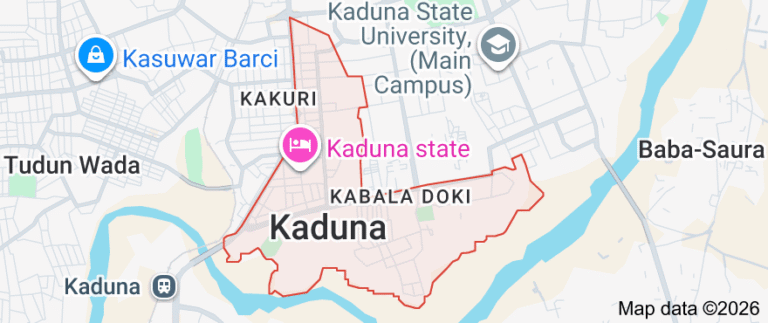
Despite being one of Africa’s leading crude oil producers, Nigeria continues to depend heavily on imported refined petroleum products — a situation that has raised questions about the management of the country’s natural resources and its economic direction.
Nigeria, a founding member of the Organization of the Petroleum Exporting Countries (OPEC), produces over a million barrels of crude oil daily. Yet, the nation faces persistent fuel scarcity, high pump prices, and a weak refining capacity that forces it to rely on foreign refineries for petrol, diesel, and kerosene.
Industry experts say Nigeria spends billions of dollars annually importing refined products, a situation worsened by the near-collapse of its four state-owned refineries located in Port Harcourt, Warri, and Kaduna.
For decades, the facilities have operated far below capacity due to poor maintenance, corruption, and policy inconsistencies. As a result, the country exports crude oil but imports fuel a costly cycle that weakens the Naira and strains foreign reserves.
Analysts have blamed successive governments for prioritizing crude exports over domestic refining. They note that inconsistent policies, subsidy regimes, and insecurity in oil-producing regions have discouraged investment in local refining.
“The irony is painful,” said an energy analyst. “Nigeria earns from crude exports but spends even more importing the same product. It’s an economic contradiction that must end.”
The consequences are far-reaching — rising inflation, high transportation costs, and limited job opportunities. Every litre of imported petrol represents a lost chance to develop local industries and empower Nigerian workers.
Experts and stakeholders are calling for a renewed focus on refining crude oil locally. They believe this is key to sustainable economic growth and national self-sufficiency.
They also emphasize the need for government support toward operationalizing the Dangote Refinery and modular refineries across the country, which could reduce import dependency and create thousands of jobs.
In addition, there are renewed calls to diversify Nigeria’s economy beyond oil — with greater investment in agriculture, solid minerals, and renewable energy.
Observers insist that reviving the country’s refineries, implementing consistent energy policies, and building local capacity are critical steps toward ending Nigeria’s oil paradox.
“Nigeria’s wealth should work for Nigerians,” said another energy expert. “We have the resources, the manpower, and the market. What we lack is the political will to refine what we produce.”
Until then, Africa’s largest





